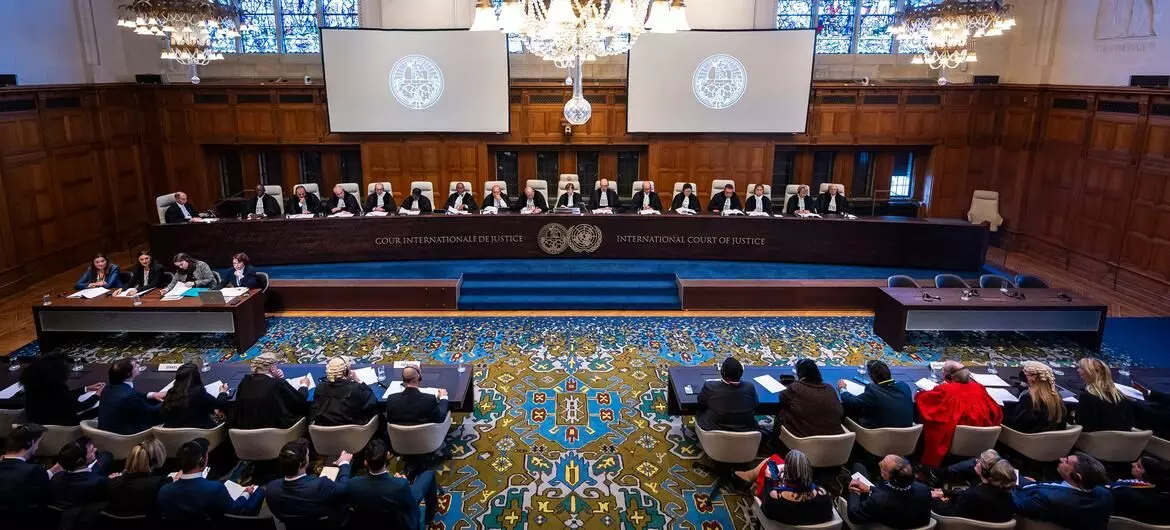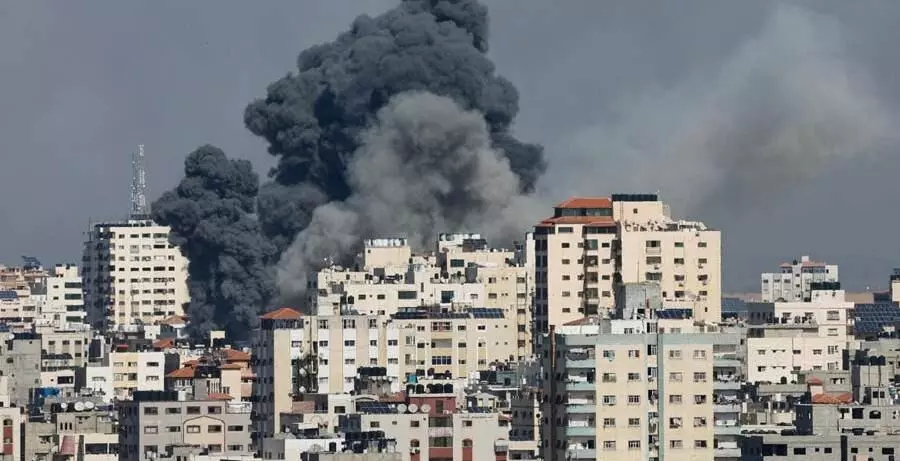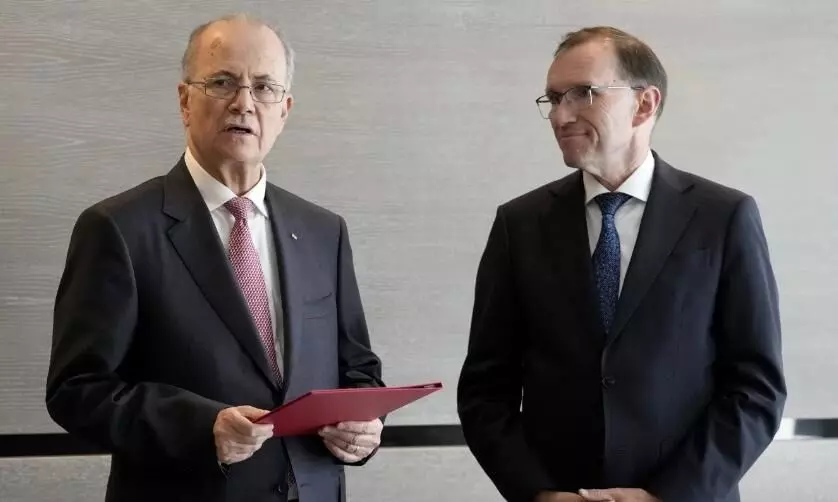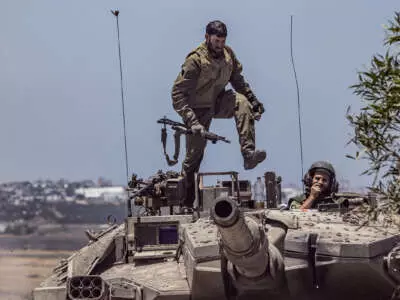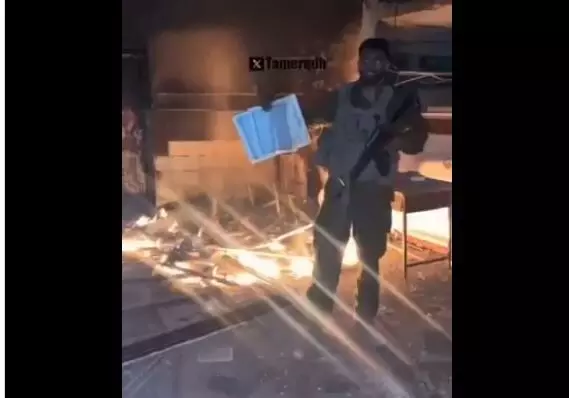
ICJ has given its verdict; ball now in international community's court
text_fieldsMore than seven months since the inception of the atrocious artillery intervention across Palestine, the International Court of Justice (ICJ), has issued a landmark order to halt Israel’s military operations and withdraw the Israel Defence Forces immediately from the southern Gaza city of Rafah. It is for the first time that a clear and precise verdict comes from the court to stop the mass killing started eight months ago. This interim ruling by the ICJ, which emphasizes the strict and compulsory delivery of humanitarian aid to the war-torn region, came after South Africa brought a genocide case to the court. South Africa argued for a complete termination of the war by requiring Israel to withdraw its defence forces from Palestine. While the court's final decision may take time, the current ruling is precise with no more for interpretations. The ICJ acknowledged that Israel has dismissed previous rulings multiple times, and the feared escalation has indeed continued.
The court's order is not just to halt the war but to stop all military or other actions that may worsen the living conditions of Palestinians, fully supporting South Africa’s allegations. This ruling is binding on Israel as well as the countries backing Israel. Actions such as denying access to essential goods and food, displacing people from their dwellings, and bombing their settlements are direct breaches of the 1948 UN Genocide Convention. The court's current order emphasizes that humanitarian aid should not be obstructed and aid must be facilitated, including the opening of Rafah. The order not only reiterates its January 26 order but also widens its scope. The court cited various ground reports from the UN and other agencies as evidence of Gaza’s destruction. The ICJ which had called on Israel in January to stop the massacre and also asked in March it to avert a humanitarian crisis. This time, the court has demanded a comprehensive report on measures adopted to cease fire and has requested that UN agencies investigating genocide allegations be allowed into Gaza.
Recently, Israel has become increasingly isolated on the world stage, as we had recently pointed out. The chief prosecutor of the International Criminal Court (ICC) announced a week ago that he was seeking an arrest warrant against the Israeli Prime Minister and Defence Minister. Now, the ICJ has called on Israel to stop its military actions. In the meantime, in a significant development, three major European countries have recognized Palestine as a sovereign state. Among the 15 ICJ judges, even those from Western countries, including the United States, took a unanimous stand against Israel; only Ugandan and Israeli judges sided with Israel. Israel participated in the court proceedings too. All countries are legally bound to obey the court's ruling, and others have an obligation to bring non-compliant states to justice. Experts suggest that while the ICJ lacks concrete means of enforcement, the responsibility of forcing it to its implementation will fall on the UN, international bodies, and member countries. Though the ruling is directed at Israel, it is the global community’s duty to ensure that Israel complies.
Therefore, the ICJ ruling has set the stage for world's nations to ensure rule of law and peace.As for Israel, it has not only hinted that it will not obey the court order, but also showed that in action. Thus this is a critical time, for the nationsof the orld to choose between rule of law or jungle justice of muscle power. Numerous organizations, including the UN, ICC, ICJ, Amnesty International, Oxfam, Human Rights Watch, and the UN Office for the Coordination of Humanitarian Affairs (OCHA), have already recognized Israel’s actions as war crimes and genocide, leaving no excuse for not pressuring Israel. If Israel continues to ignore the court ruling, the next step would be to force Israel through a UN Security Council resolution. There is no logical reason for the US to veto such a resolution, as the court's order aligns with American demands for a halt to the Rafah attack and the facilitation of humanitarian aid. Then on what grounds will the US support Israel at the Security Council? Even if the US and Israel can argue that they have not ratified ICC, they cannot do that in the case of ICJ. America must consider whether it wishes to become more isolated by supporting Israel. Should Israel defy the Security Council's decision, it would face global sanctions and boycotts. It is for the global community to ensure that Israel complies with the ICJ's order. The world which once defeated South Africa's apartheid regime, can also end the defiance of the Zionist state.















